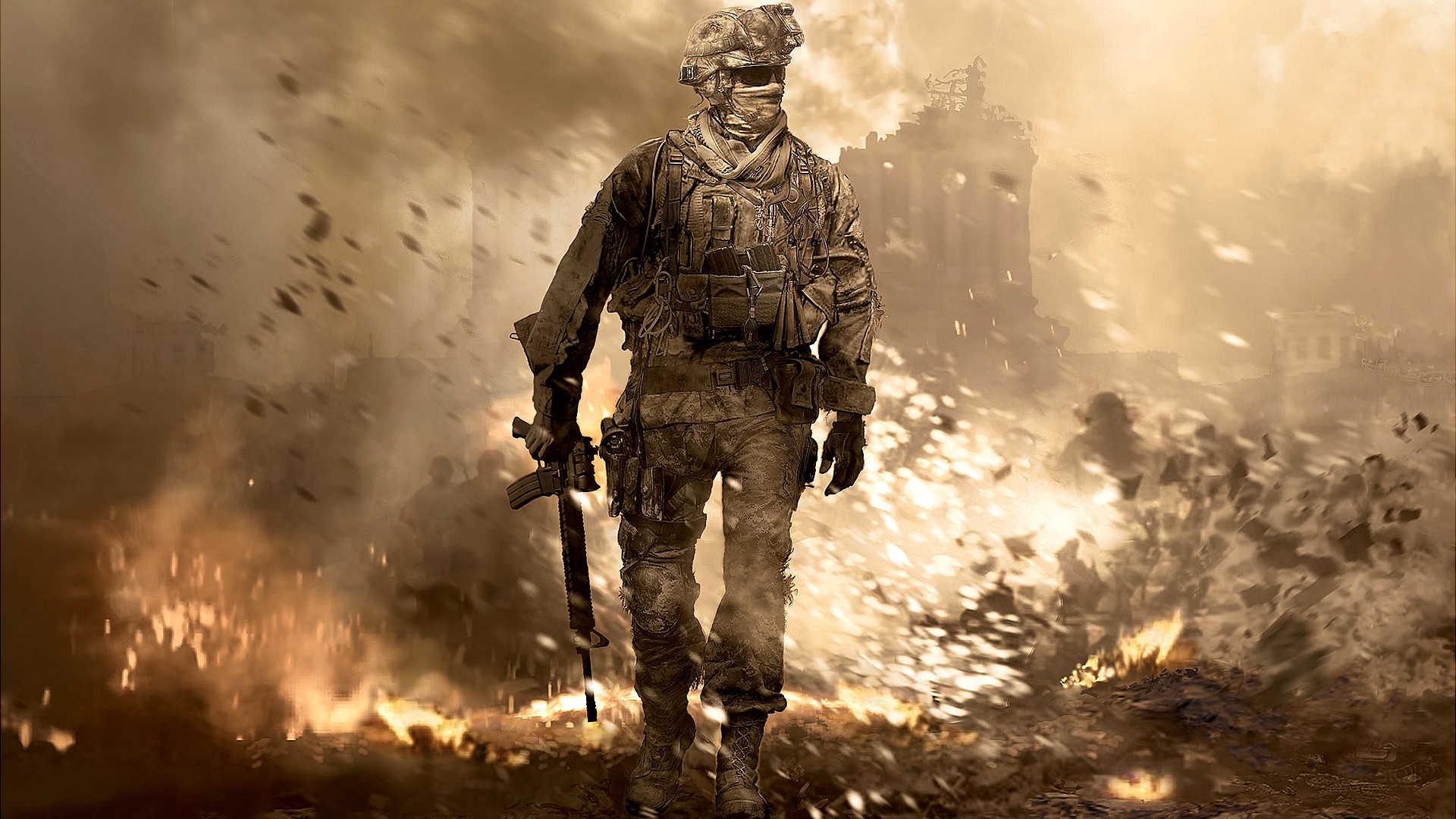I was just contacted by a veteran, a recent alumnus of Special Forces who learned a lot quicker than I did what that was all really about after two tough tours in Iraq, and who is trying to figure out how to put his head and life together in a way that compensates for what he did and saw. In a way, it was like being an expat for a long time, then running into someone who is fluent in your native language.
One of his concerns, after perusing the book I published recently on sex and militarism, was that when many male veterans witness to their actions, it can come off like, "I'm sorry, and I oppose imperial wars (but just to let you know, I was a really macho guy)." Even for activist antiwar veterans who've wrapped their heads around this masculinity thing, when we are trotted out by other activists in public venues to speak against war, we are generally introduced not as veterans, but with a rundown of our entire 201 file, and adjectives like 'decorated,' that lead audiences to expect we might bite the head off a snake before we give our opening remarks. It establishes a kind of credibility, yes, but it also reinscribes the hypervalorization of the veteran and masculine esteem.
I'll repeat what I wrote back to him - with my thanks to him for asking this important question - on the question of whether or not speaking as a witness and a former
soldier can translate into a covert reassertion of machismo; and I'll add a few thoughts that have occurred to me after having the day to mull them over in the company of a grandchild.
The truth is, even in veterans peace organizations, it's difficult to overcome the pecking order that was inside the military between combat arms and non-combat arms, special and conventional, all those subdivisions by reputation that translate into members being more or less the DWFD (dudes who face danger).
Moreover, some of us guys just can't resist snapping back into that mystique, because we're human, and we want people to notice us, and we still get a little zing when someone starts buzzing on that rep. With the younger guys, they can even add some gym muscle and tats to embellish the mystique. Honestly, you can testify against imperial wars - as I did before my conversion to Christ and peace - and still maintain some reservations for using 'revolutionary' violence; and you are not required to be conscious of gender as a system that divides power. After one big peace veterans event about ten years ago, some of the younger IVAW guys asked if I'd like to celebrate with them . . . at a "tittie bar."
When it comes to veterans more generally, not just those opposing their government's current killer escapades, especially the many veterans whose most traumatic experience may have been missing a hot meal and who've climbed aboard the PTSD Express (there are many ex-soldiers who claim this purely for dramatic attention now that it is pop-psychology currency), the DWFD bit runs covertly through their
retold narratives so often I can't separate the authentic from the
bullshit, and I suspect - based on long experience in the army and long
experience working with veterans - that the bullshit predominates.
On
the other hand, the witness of repentant soldiers is crucial, so the
balance beam between describing the costs and sending out invitations to
the DWFD pity party (and enhanced DD-214 review) has to be negotiated.
One way to do this is to constantly remind your listeners that you have
never - as a privileged imperial citizen and soldier - ever faced the
kinds of suffering and hardship as the victims of our policies. I like
to remind people of how little old peasant women have walked uphill barefoot with 80 pounds of water past an exhausted Special Forces A Detachment, for example. And
Camilo Mejia always tells about a generic firefight without personalizing it, where your side
shoots and their side shoots, and there are few casualties on either side, but a bunch of dead and maimed civilians in the middle - a far more accurate account of the vast majority of firefights than what you get from war movies and Department of Defense Public Affairs offices.
And of course, describing war crimes, war as a crime, and how routinely and inevitably actual actions in wars that have been papered over by professional hacks and nationalist rationalizations are immoral in any conceivable sense of the word.
Finally, we male veterans have to own it - the dilemma - and speak about if before, during, and after, and with an attitude of contrition, not merely about war, but about our standpoint as men in a world where men-as-men dominate women-as-women, with all that implies, and making this, and not merely war - which is an expression of normative masculinity - a central issue in our activism and our witness.

No comments:
Post a Comment